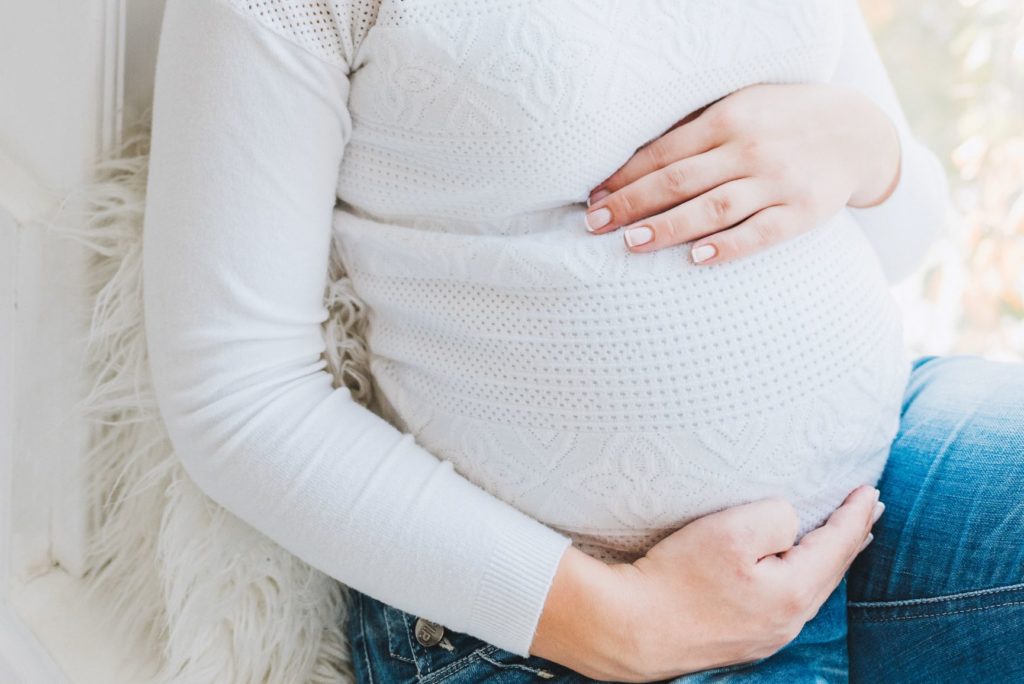
Congratulations on your pregnancy! If you’re a pregnant worker in the UK, you might be eligible for maternity leave during the later stages of pregnancy and throughout your baby’s first year.
New mother’s guide to Maternity Leave in the UK
Many new mothers have questions about their entitlement to maternity leave and how the process works. To address these queries, we’ve put together a comprehensive maternity leave guide for new mothers.
Understanding Maternity Leave
Maternity leave is a period off work that you take to have a baby and care for them.
Eligibility for Maternity Leave
If you’re employed in the UK (not as a worker), and you provide your employer with the required notice (verify with them), you’re entitled to take maternity leave. It doesn’t matter how many hours you work, your pay, or the duration of your employment with your current employer.
When can Maternity Leave begin?
Maternity leave can commence as early as 11 weeks before your baby’s due date and can last for 52 weeks from that point onward. If your baby arrives early, your leave will automatically begin on the day following their birth.
Duration of Maternity Leave
Statutory Maternity Leave spans 52 weeks, divided into two equal periods of 26 weeks each: ordinary maternity leave and additional maternity leave. While you’re not required to take the full 52 weeks off, you must take at least 2 weeks off after your baby’s birth.
Maternity Leave pay
You’ll receive pay for 39 weeks if you qualify for maternity leave. The initial 6 weeks will cover 90% of your monthly earnings. The subsequent 33 weeks will be compensated at either £151.20 or 90% of your average weekly earnings (whichever is lower). There is no maternity pay during the last 13 weeks of your leave, so it’s wise to plan if you intend to take a full year off.
Some employers offer enhanced maternity leave pay, which provides additional pay for a set period. Consult your employer to determine if they offer such a scheme and how you can benefit from it.
Maternity Allowance
If you’re ineligible for maternity pay, you might still qualify for a maternity allowance. You can claim this allowance once you learn of your pregnancy and until the 26th week. The maternity allowance comes in two forms:
- 39 weeks at £151.20 per week or 90% of your average weekly earnings (whichever is lower)
- 39 weeks at £27 per week
- 14 weeks at £27 per week
Payments can begin as early as 11 weeks before your due date, and you’ll receive them every 2 to 4 weeks.
Preserving employment rights during Maternity Leave
Yes, your employment rights remain intact while on maternity leave. You’ll continue to accrue holidays as usual, including bank holidays. Check your employer’s maternity policy for more details.
Returning to work
Many parents explore flexible work options upon resuming work. You can consider part-time arrangements or working from home a few days a week to better accommodate your baby’s care.
This guide addresses the most common queries of new mothers. While we haven’t covered all the specifics of maternity leave procedures, we strongly recommend consulting your employer and referring to the government’s website for further details.
Statutory Maternity Pay and Leave: employer guide



